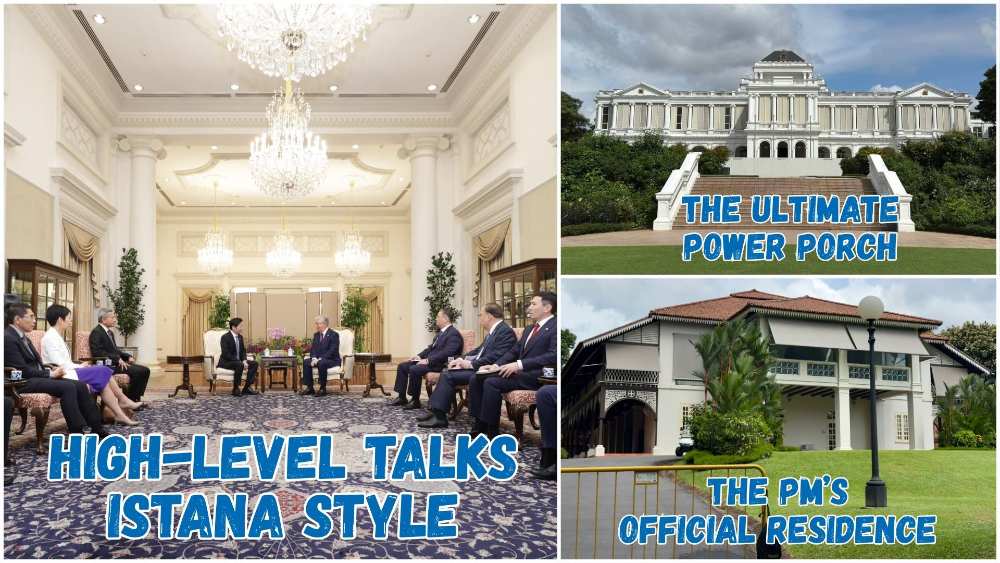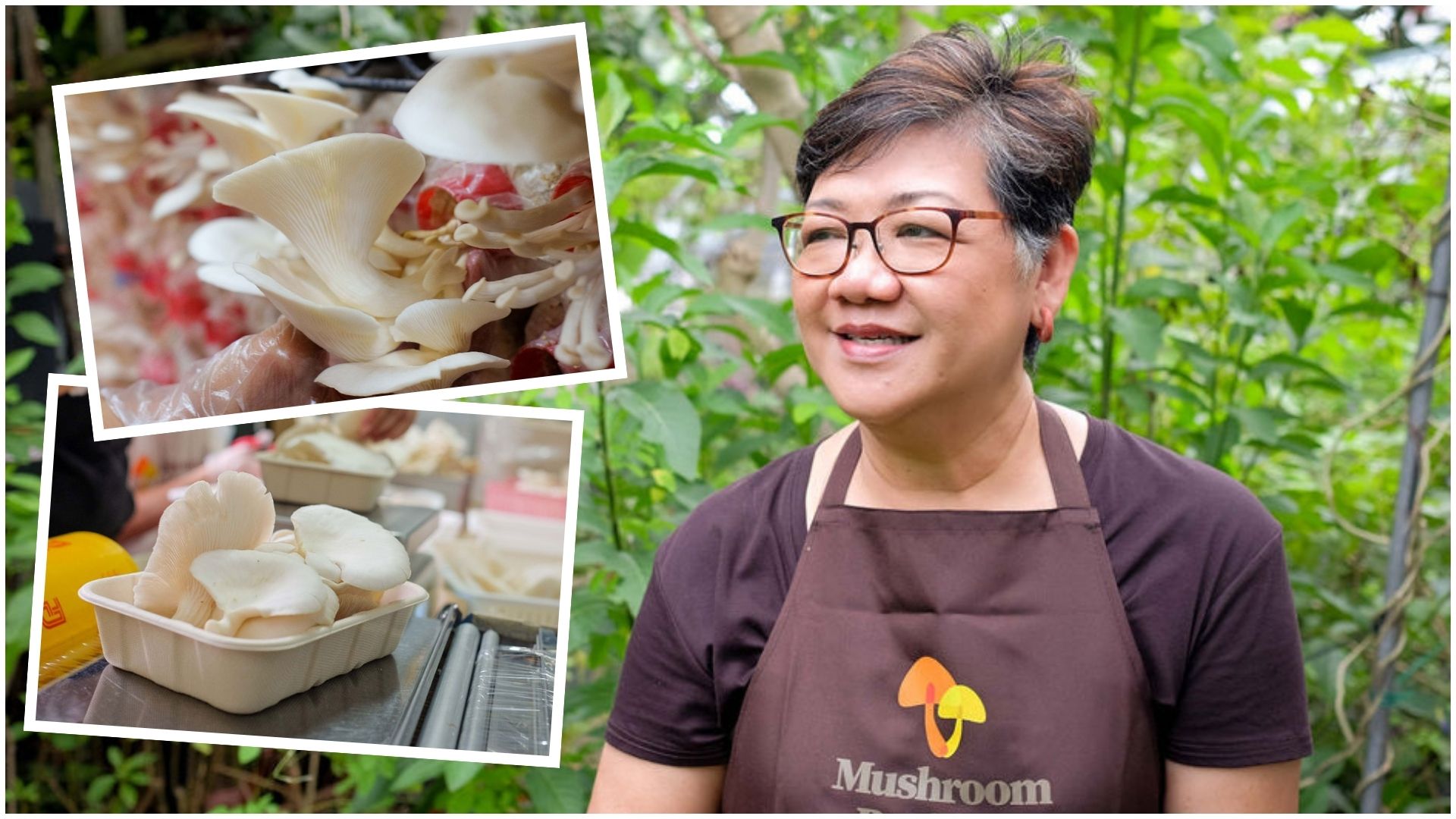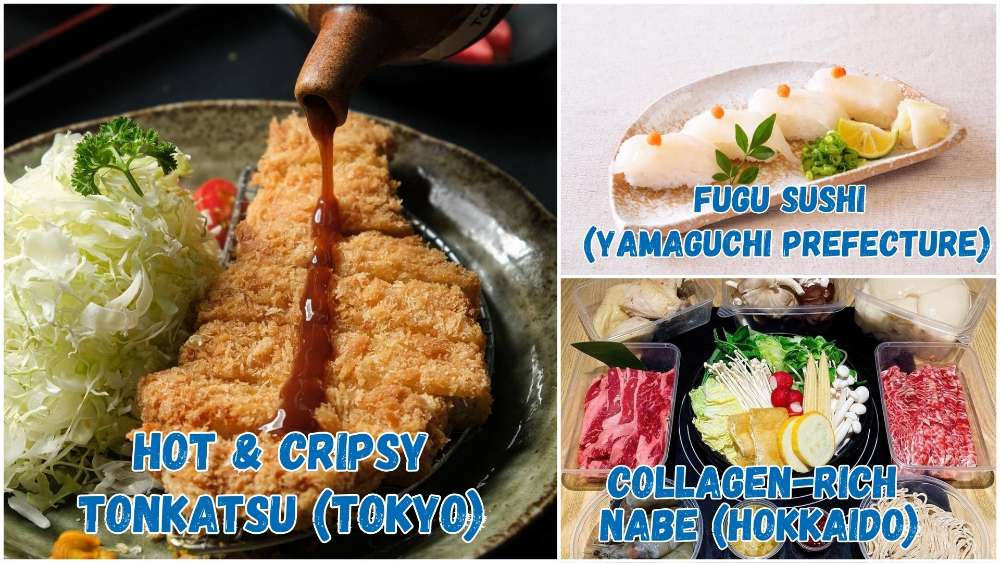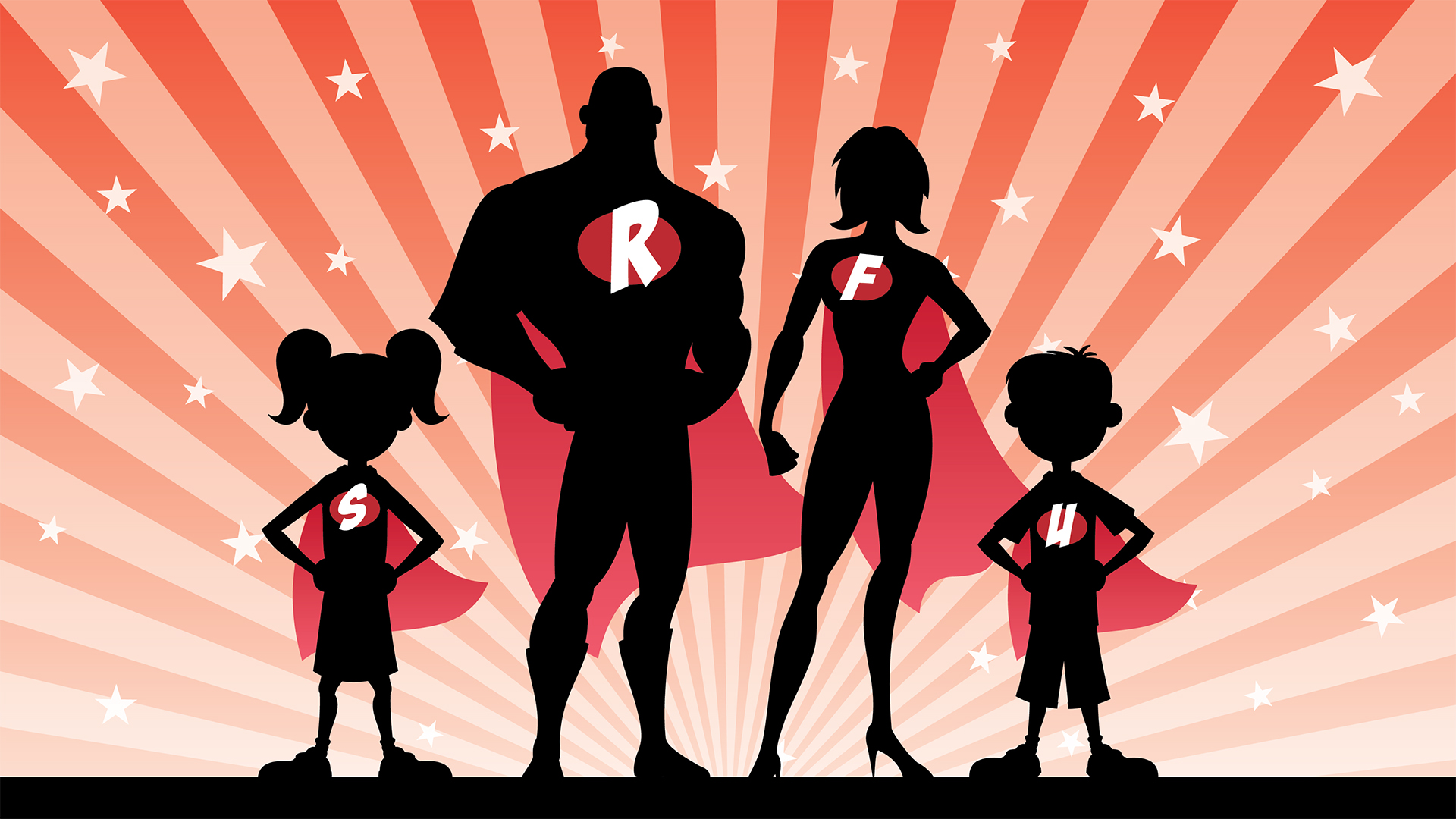Singapore Budget 2020 Means What? Here Are 5 Highlights Made Simple
We all like money… we just don’t like the math behind it.
Think back to how long it took for your average group of friends to correctly split one bill when you all went out for dinner?
Now imagine the budget for an entire country.
Don’t worry, you don’t have to whip out your calculators. With all the numbers and jargon, there are many things the average person can get lost in.
Usually out of boredom.
So, here are five important things from Singapore’s 2020 Budget that you should take note of, made simple.
1. GST Will Remain The Same…For The Next Year
Remember when we all thought the GST was going to increase to 9%?
Well, that won’t be happening next year.
Though the GST will still reach 9% by the time 2025 hits. So, if you’re planning to spoil your date on that expensive KBBQ dinner, you have this one bonus year.
To soften this pocket-eating blow, households will receive offsets (not the rapper) to counter the increased costs.
For one to three-room HDB flats, these offsets can last them for around 10 years’ worth of increased GST expenses.
Over the next five years, adult Singaporeans will also receive a cash payout between $700 to $1,600 over five years.
This depends on their household income and dwelling type.
Again, don’t waste it on that one KBBQ dinner trying to impress someone.
2. Households Receive Support Amid Covid-19 Outbreak
With the Covid-19 outbreak, prices tend to hike. But not to worry as adult Singaporeans aged 21 and older qualify for the $1.6 billion Care and Support package.
No, we are not all getting $1.6 billion each. You might want to text your boss back and tell him you want your job back.
Depending on their income and dwelling type, they will receive a one-time cash payout of $100, $200 or $300 this year.
And if you’re a parent with one or more Singaporean children aged 20 and younger, you will also receive $100 in cash.
But hey, it’s not all about the 20s here.
If you’re 50 and older, you’ll receive a $100 top-up of their Passion cards.
Sensing a pattern with the hundred dollars here.
If you’re 21 and older and living in one or two-room HDB flats and don’t own more than one property, you’ll see a $100 worth of grocery vouchers for this year and the next.
HDB households will get double their regular GST Voucher – U-save rebate in the 2020 financial year through a one-off special payment.
Of course, these households have to be (surprise!) eligible in the first place.
They will also receive rebates to offset about 1.5 and 3.5 months of service and conservancy charges.
What this means is a cheaper house bill...for about 3 months. And you still have to pay. Still, rebates!
Eligible (surprise again!) households with five or more members will receive 2.5 times their usual rebate.
So, the more people you have living with you, the less it costs you.
Your mahjong buddies don’t count.
3. Educational Support, From Pre-School to University
Originally at $900, pre-university students from lower-income families will now receive $1000 under MOE’s Financial Assistance Scheme.
This covers all students with high transport subsidises and secondary school students with more school meals subsidies. Suddenly, we all miss school.
If you’re a full-time ITE student from the lowest-income family, you will receive a 100 per cent fee subsidy from Academic Year 2020.
Add this to the cash bursary for students from low- and middle-income households, where we will see an increase of up to $200 a year.
4. Helping Middle-Aged Workers Stay Employed
If you’re itching to learn new skills or retrain in some sectors, then you’re in luck.
Singaporeans aged aged 25 or older this year will receive a one-time $500 SkillsFuture credit top-up.
They can be used starting 1 October this year and will expire by December 2025.
If you’re aged 40 to 60, you’ll see an additional $500 top-up. Putting the okay in “okay, boomer”.
5. Fighting Climate Change
The budget mentioned quite a bit about people living in HDB flats. But no one escapes the budget. It pulled the reverse Uno card and got the flats involved too.
The new Green Towns programme focuses on recycling rainwater, reducing energy consumption and cooling HDB flats.
It’s not just flats. Cars are in on this too.
An aim by 2040 will be to phase out cars with combustion engines, meaning we will be moving to electric vehicles (EVs).
There’s even a bonus for those wanting to hop onto EVs early.
This means a 45 percent rebate on registration fees. This begins from January next year, for next three years.
If you’re still sceptical about electric cars, maybe the fact that they’ll be taxed less come next January will spice up the deal.
Along with an aim to bring up the current number of EV charging points (yes, they exist) from 1,600 to 28,000 come 2030.
Wonder if they have power banks for cars.
For the latest updates on Wonderwall.sg, be sure to follow us on Facebook and Instagram. If you have a story idea for us, email us at [email protected].











